Speeding
Tickets are issued as either speeding or aggravated speeding.
Speeding - 625 ILCS 5/11-601(b)
A driver is issued a speeding ticket when they are observed, often in conjunction with speed measuring tools, going above the posted speed limit. Remember, speed limits change when construction is being done in the area or school zones.
A law enforcement officer will utilize speed measuring tools to record the rate of speed your vehicle is traveling. Tools include handheld radar guns, vehicle mounted radar systems, speed cameras, LiDAR, and vehicle pacing techniques.
If you are charged with a speeding ticket, we can investigate the calibration of the speed measuring tools and the law enforcement officer techniques.
Speeding in a School Zone - 625 ILCS 5/11-605
In some areas, special zones are identified for safety reasons, including a school. Schools are defined as public, private, or religious buildings that run primary and secondary educational purposes. Specifically, when passing a school zone, you must drop your speed to the posted limit, generally 20mph.
For policy reasons, schools are protected zones which must be treated with caution. The prosecution will utilize speed cameras, and law enforcement officer investigatory means during trial.
In your defense, if the evidence shows you were not speeding, or the investigation was improper, fighting this offense is possible.
Speeding in a Construction Zone - 625 ILCS 5/11-605.1
Construction zones are considered temporary special zones similar to those identified by schools. Construction zones are identified by visible posted signs making drivers aware they are entering a special zone.
Similar to school zones, the prosecution has a public policy reason to protect people working on our shared roadways. They will use all available evidence at their disposal, including speed cameras and observations by both law enforcement officers and construction workers.
Defending a speeding in construction zone charge is possible if the zone is not clearly identified by postings. If a zone is not marked properly, there is an argument that a reasonable driver could not be aware of the speed limit change.
Aggravated Speeding (26+ mph over the limit) - 625 ILCS 5/11-601.5
Aggravated speeding is determined by the amount over the speed limit a law enforcement officer records your rate of speed at. Aggravated speeding is classified up to a Class A misdemeanor.
If you are cited going 26–34 mph over the speed limit, the charge is cited as a Class B misdemeanor, punishable up to six months in county jail.
If you are cited going 35+ mph over the speed limit, the charge is cited as a Class A misdemeanor, punishable up to one year in county jail.
Challenging the validity of an aggravated speeding ticket is similar to challenging a regular speeding ticket, including questioning whether the speeding measuring tools were working properly and law enforcement officer techniques were performed correctly.
